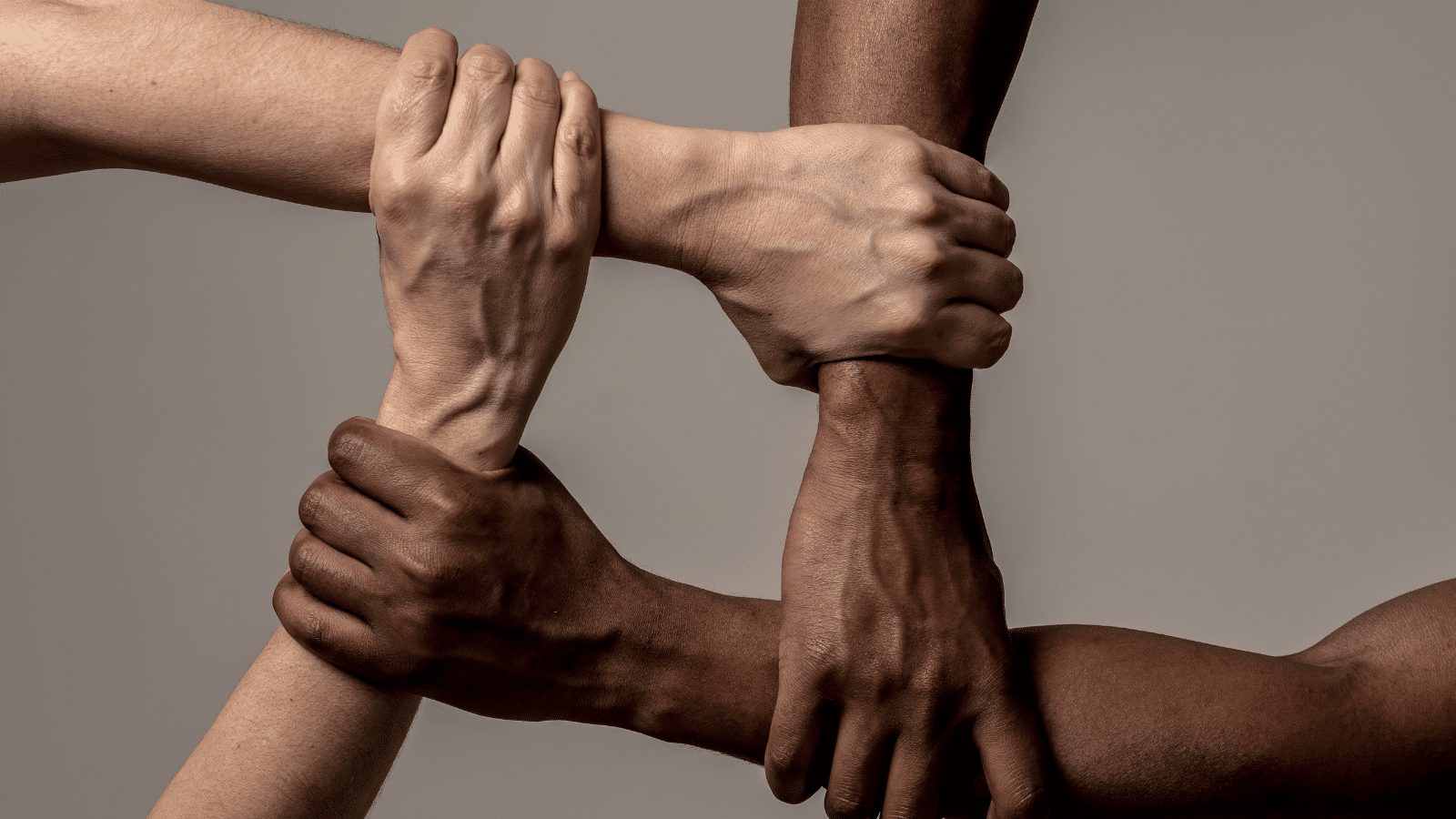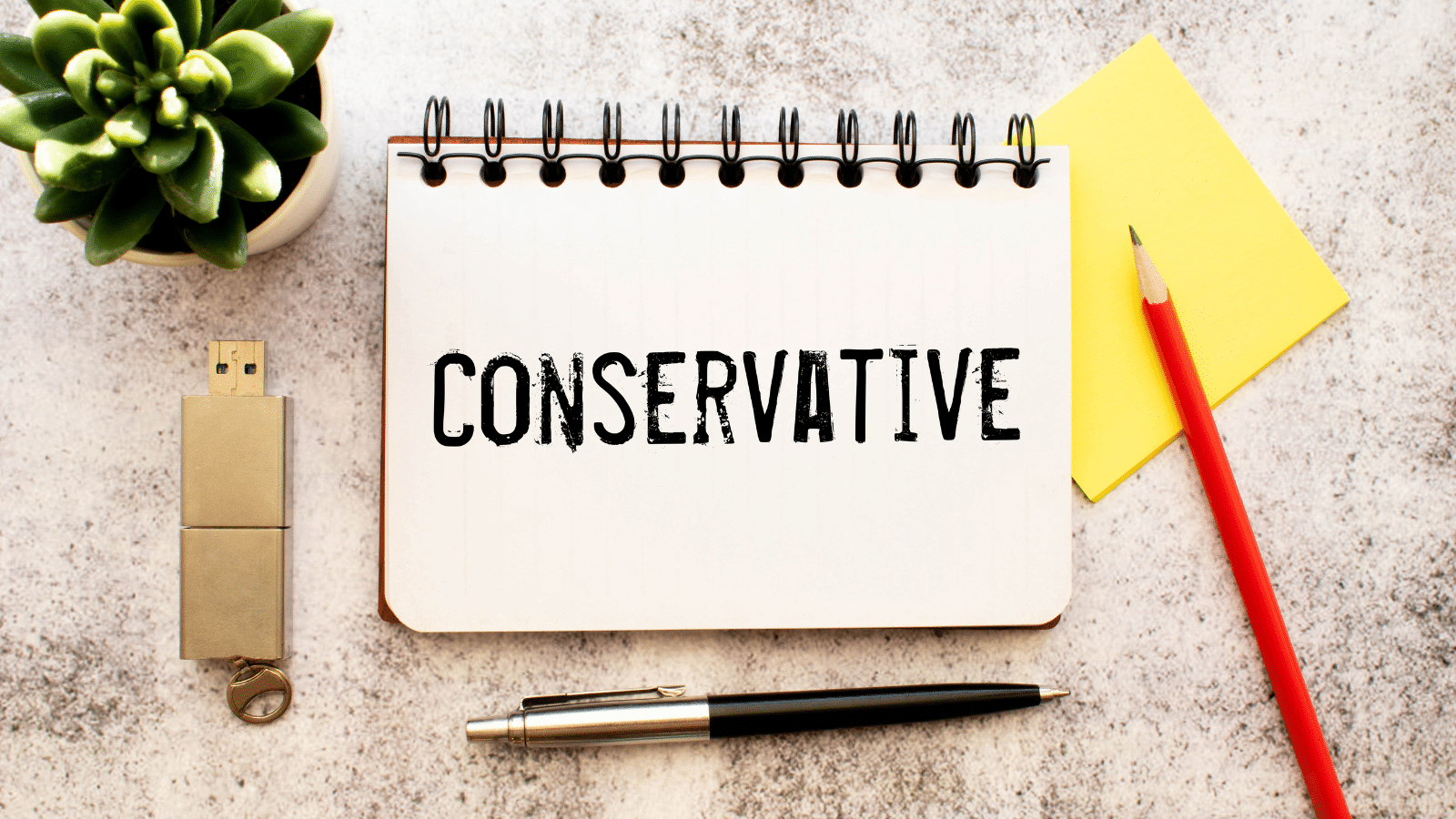In the intricate tapestry of human existence, the influence of one’s upbringing can be a defining thread. Those raised in deeply religious households often bear the indelible marks of their faith-centered upbringing, woven into the very fabric of their lives. This collection explores the telling signs that reveal an individual’s roots in such an environment, where spirituality isn’t just a part of life but a guiding force that shapes their beliefs, behaviors, and values.
Prayer Habits

Individuals raised in religious households often exhibit consistent prayer habits, significant because they reflect a strong connection to faith and the value of spiritual communication.
Biblical Knowledge

High familiarity with religious texts, such as the Bible, is a sign of a religious upbringing, emphasizing the significance of scriptural guidance in one’s life.
Church Attendance

Regular attendance at religious services, like weekly Mass or church gatherings, is a key indicator of a devout upbringing, highlighting the importance of communal worship.
Religious Symbols

Displaying religious symbols like crucifixes or prayer beads is significant as it demonstrates the influence of faith in their daily surroundings.
Moral Values

Strong adherence to moral values and ethics associated with their religion is a reflection of the upbringing’s emphasis on righteousness and virtuous living.
Religious Art and Decor

Religious artwork and decor in the home serve as a constant reminder of their faith, emphasizing the significance of visual representation in spiritual practice.
Religious Vocabulary

The use of religious language and phrases is a sign of a faith-driven upbringing, underscoring the influence of religious terminology in daily communication.
Religious Holidays

The observance of religious holidays and traditions, such as Lent or Ramadan, is a significant indicator of a religious upbringing, emphasizing the importance of these events in their life.
Modesty

A commitment to modesty in attire and behavior often stems from religious values, signifying the impact of faith on personal expression.
Charity and Community Service

Engaging in charitable activities and community service is a reflection of religious teachings regarding compassion and selflessness, highlighting the significance of altruism.
Family Devotions

Regular family devotions, such as reading scriptures together or family prayer, underscore the significance of faith within the household and the importance of spiritual bonding.
Cultural Traditions

Upholding cultural traditions closely tied to religion, like specific festivals or rituals, showcases the lasting impact of religious upbringing on identity and cultural practices.
Conservative Values

Holding conservative views on social and ethical issues often results from a religious upbringing, underscoring the significance of these values in shaping their worldview.
Christian Education

Attendance at religious schools or homeschooling with religious curricula reflects the extent of religious influence on one’s education, highlighting the importance of faith-based learning.
Marriage and Relationships

Strong emphasis on religiously sanctioned marriage and relationships demonstrates the significance of faith in personal choices and the desire to adhere to religious guidelines.
Parental Expectations

Pressure to follow in the footsteps of religious parents, such as entering religious professions or vocations, is a significant sign of a devout upbringing.
Missionary or Evangelical Work

Engagement in missionary or evangelical work shows a commitment to spreading one’s faith, underscoring the significance of religious outreach and conversion.
Religious Identity

A strong religious identity, often prioritized over individual identity, is a sign of the pervasive influence of religious upbringing, demonstrating the significance of faith as a central component of one’s self-concept.
21 Things That Shout You’re “Lower Class” According To Men

Class wars creep up in all aspects of life, including dating. We take a look at the things that men believe are telltale signs that you are lower class.
21 Things That Shout You’re “Lower Class” According To Men
Boomer Zoomers vs. Millennial Meh: 10 Cars the Older Gen Loves but Millennials Just Can’t Stand

The change in the automotive industry has been incredible over the year. Baby boomers born between 1946 and 1964 can’t get enough of the cars listed below, as muscle cars emerged in the 1960s, and new technologies appeared in the 1970s and 1980s. You can imagine why boomers genuinely appreciate these vehicles.
Boomer Zoomers vs. Millennial Meh: 10 Cars the Older Gen Loves but Millennials Just Can’t Stand
Across the Pond Disdain: 18 Horrendous American Habits Foreigners Just Can’t Stomach

There is a lot to love about America, from the bright lights of New York to the incredible breakfasts, but foreigners also dislike many things. We look at everything from poor public transport to an intimidating tip culture, sharing 18 things that America could be better at.
Across the Pond Disdain: 18 Horrendous American Habits Foreigners Just Can’t Stomach
Out with the Old: 18 Gen X Fads That Millennials and Gen Z Just Can’t Vibe With

While some old habits die hard, there are some things that Gen X need to eliminate as they are no longer relevant.
Out with the Old: 18 Gen X Fads That Millennials and Gen Z Just Can’t Vibe With
18 Unpleasant States You Might Want to Skip on Your Next Trip

When thinking of America, we don’t expect there to be boring or unpleasant places to visit. We see all the different states on the TV, and they show the best parts. However, there are some states you won’t want to visit, and you should brace yourselves if you ever happen to stumble into them.
18 Unpleasant States You Might Want to Skip on Your Next Trip






